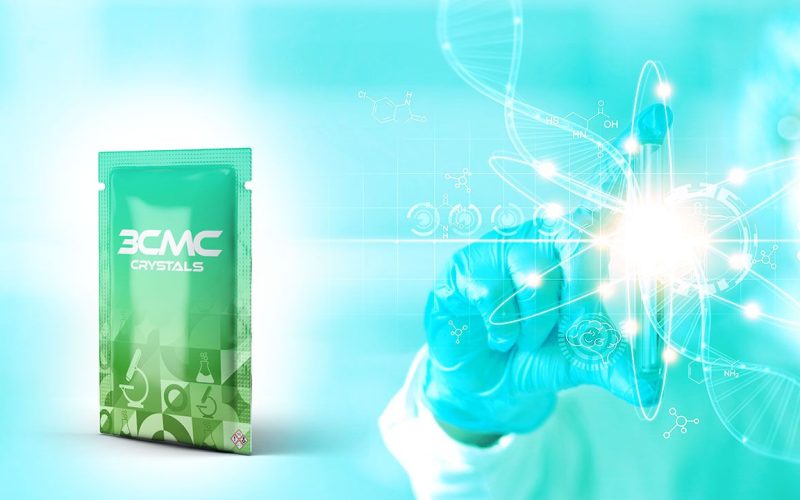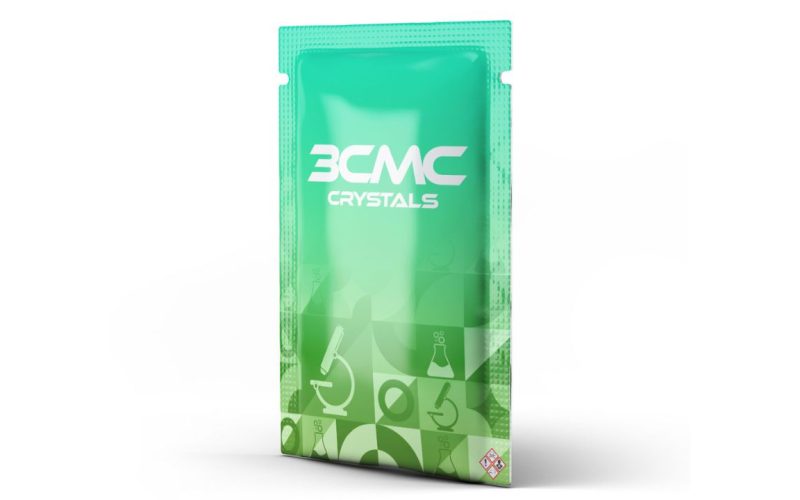3CMC Experiences
Step into the future of research with Aimimichem. Our lab-verified chemicals are the key to your next big discovery. Join our community today!
We only sell our products to customers aged 18 years or over, for purposes of research only.

3CMC Experiences: A Deep Dive into the Effects and Implications
In the realm of research chemicals, 3-Chloromethcathinone (3CMC) has garnered significant attention both for its scientific potential and the controversies surrounding its usage. This analysis seeks to explore a comprehensive overview of the experiences associated with 3CMC, highlighting both the positive and negative aspects as reported by those involved in its research and study. Given the complexity and the ethical responsibilities involved, it’s crucial to approach this topic with an informed and balanced perspective.
Understanding 3CMC
3CMC, a synthetic stimulant, belongs to the class of cathinones, which are chemical derivatives of the naturally occurring khat plant. Its structure and effects are often compared to those of methcathinone and mephedrone, making it a substance of interest for both scientific and recreational use. However, its status as a research chemical implies that 3CMC is primarily intended for scientific study and not for human consumption.
Positive Experiences with 3CMC
In scientific settings, researchers have valued 3CMC for its ability to mimic various psychoactive effects, which can be useful in studies related to neurochemistry and behavior. Scientists studying the pharmacology of cathinones have noted that substances like 3CMC can help in understanding the dopamine and serotonin systems of the brain. Such research can potentially lead to breakthroughs in treating psychological disorders or devising new therapeutic drugs.
Moreover, the controlled use of 3CMC in laboratory environments has allowed researchers to observe its effects reliably and consistently, which is crucial for developing a sound scientific understanding of any substance.
Negative Experiences and Risks
Users have reported a range of adverse health effects, including palpitations, increased blood pressure, and in severe cases, toxicological problems like liver and kidney damage. The risk of addiction and psychological dependency can also not be understated.
Besides physical health risks, there are significant psychological risks, including feelings of anxiety, paranoia, and depression during and after use. The comedown from 3CMC can be particularly harsh, leading to a severe emotional crash, which can exacerbate pre-existing mental health issues.
The legal status of 3CMC varies by country but is generally regulated under laws pertaining to the use and distribution of psychoactive substances. The ethical concerns about non-medical use of research chemicals like 3CMC revolve around the potential for abuse and the lack of long-term safety data.

Regulatory Actions and Safety Measures
Given the potential for abuse and the associated risks, regulatory bodies in many countries have taken steps to control the availability of 3CMC. For instance, in the Netherlands, where Aimimichem is based, stringent regulations govern the distribution and sale of such chemicals, aligning with broader European standards.

The experiences associated with 3CMC, both within scientific circles and beyond, paint a complex picture. While there is undeniable scientific value in studying such substances, the risks associated with non-regulated use highlight the critical need for strict controls and ethical considerations in research. For researchers and stakeholders in the chemical and pharmaceutical industries, it remains essential to balance the scientific curiosity that drives the study of compounds like 3CMC with a commitment to public health and safety. The journey of understanding 3CMC is emblematic of the broader challenges and responsibilities facing the research chemical community today.
Have Any Questions
We've answers
In controlled research environments, 3CMC has been observed to produce effects similar to other stimulants, such as increased alertness, euphoria, and enhanced cognitive function. These findings are essential for studies focused on understanding stimulant properties and their biochemical mechanisms.
While Aimimichem does not directly conduct long-term studies, all products, including 3CMC, are rigorously tested for purity and safety to support external research institutions in conducting such studies. Aimimichem provides these institutions with the highest quality materials to ensure reliable results.
Researchers have noted potential side effects in the course of studying 3CMC, which can include palpitations, anxiety, and other stress-related responses typically associated with stimulants. These effects are crucial for understanding the pharmacological profile and risk assessment of new compounds.
We only sell our products to customers aged 18 years or over, for purposes of research only.
